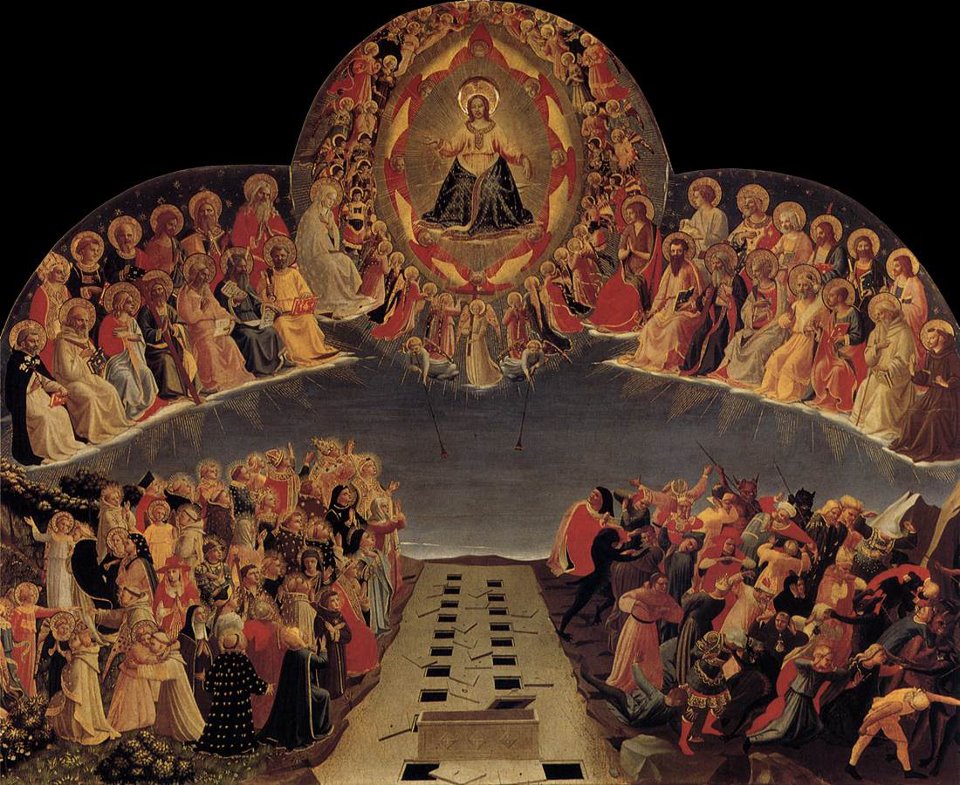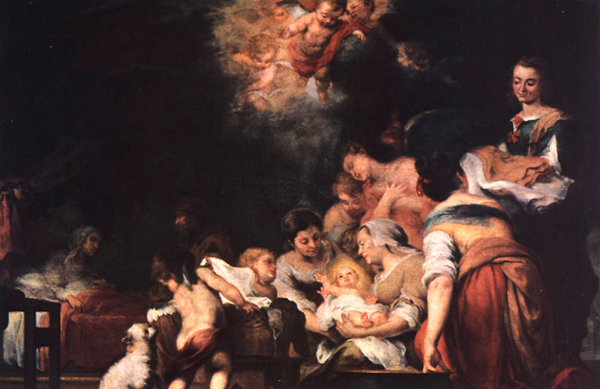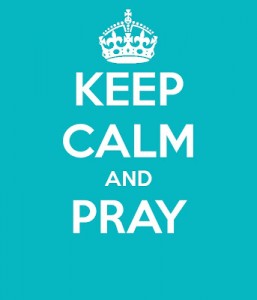One day in and I’m already slacking off. I might just have to ding myself on this next paycheck if I don’t straighten out here…
Today’s selection includes just three short paragraphs of new material, #134-141 forming the “In Brief” section that summarizes the preceding Article 3 on Sacred Scripture. That said, however, we are not left without some significant insights into what the Bible means to the Church and Her members and indeed some strong and all too frequently ignored directions pointed at each and every parish and every Catholic out there.
Paragraph 132 leaves no real question as to what it expects out of parishes and parish Priests (and, yes, Deacons too). Quoting Dei Verbum #24 it states:
“Therefore, the ‘study of the sacred page’ should be the very soul of sacred theology. The ministry of the Word, too—pastoral preaching, catechetics, and all forms of Christian instruction, among which the liturgical homily should hold pride of place—is healthily nourished and thrives in holiness through the Word of Scripture.”
I love the term used here – “the very soul of sacred theology“. The study of the sacred page is not just another tool in the toolbox for people who want to learn about God or even for people who are preparing to preach or teach – it is the soul of the work undertaken. Now I’m going to be honest here, I’ve lost count of the number of homilies I’ve heard that once started never refer back to the text just proclaimed or at most touch on it only as a way to talk about something that quickly becomes entirely unrelated. If we say that when the soul leaves the body it is death, what does it say for the body of preaching that is separated from the sacred page? This paragraph is one that ought to be contemplated deeply by anyone preaching or teaching.
That’s not to leave the rest of us off the hook, however, as the quote says “theology” not just preaching and teaching. We are all called to “do theology”, to the study of God. If the soul of preaching and teaching is the study of the sacred page, it is no less so the soul of our own coming to know God. He has chosen to share with us His most intimate thoughts and plans in book form – if we are to know and love Him, the most direct route is laid before us in those words. Commentaries, studies, the writings of Saints and theologians are all useful and necessary tools in this endeavor so that we might understand what is meant by the words we read, but they alone cannot replace study of the Word itself.
I also, at the risk of running a little too long, want to look just briefly at Paragraph 131. Quoting Dei Verbum #21, it states in part:
And such is the force and power of the Word of God that it can serve the Church as her support and vigor and the children of the Church as strength for their faith, food for the soul, and a pure and lasting font of spiritual life.
The reason this struck me involves a very short story. A few years ago I was chatting with our parish Evangelist (who now runs the wonderful Splendor of Truth Ministries) and he mentioned his amazement at how successful his classes on the different parts of the Bible had been – far outpacing any expectation. I told him that in all humility he had to understand two things: first, that he is an incredibly gifted speaker (so if you’re in the area for one of his classes, run don’t walk to get to it) but even moreso that Catholics seem to have an innate understanding both of the importance of Scripture in their lives and how very much they don’t know about it. You can wax poetic on philosophy, theology, morality, social justice, and some people will come; but give a class that really teaches about the Bible and you’ll have to find more chairs. Parishes, men’s and women’s groups, and any other organizations out there looking to help people come to know and love God – just think about what that implies. Find a way to make Scripture better known and better understood and you will find people coming from all over to join in. Maybe you’ll even have to move to a bigger room, and that’s a problem everyone would like to have.








